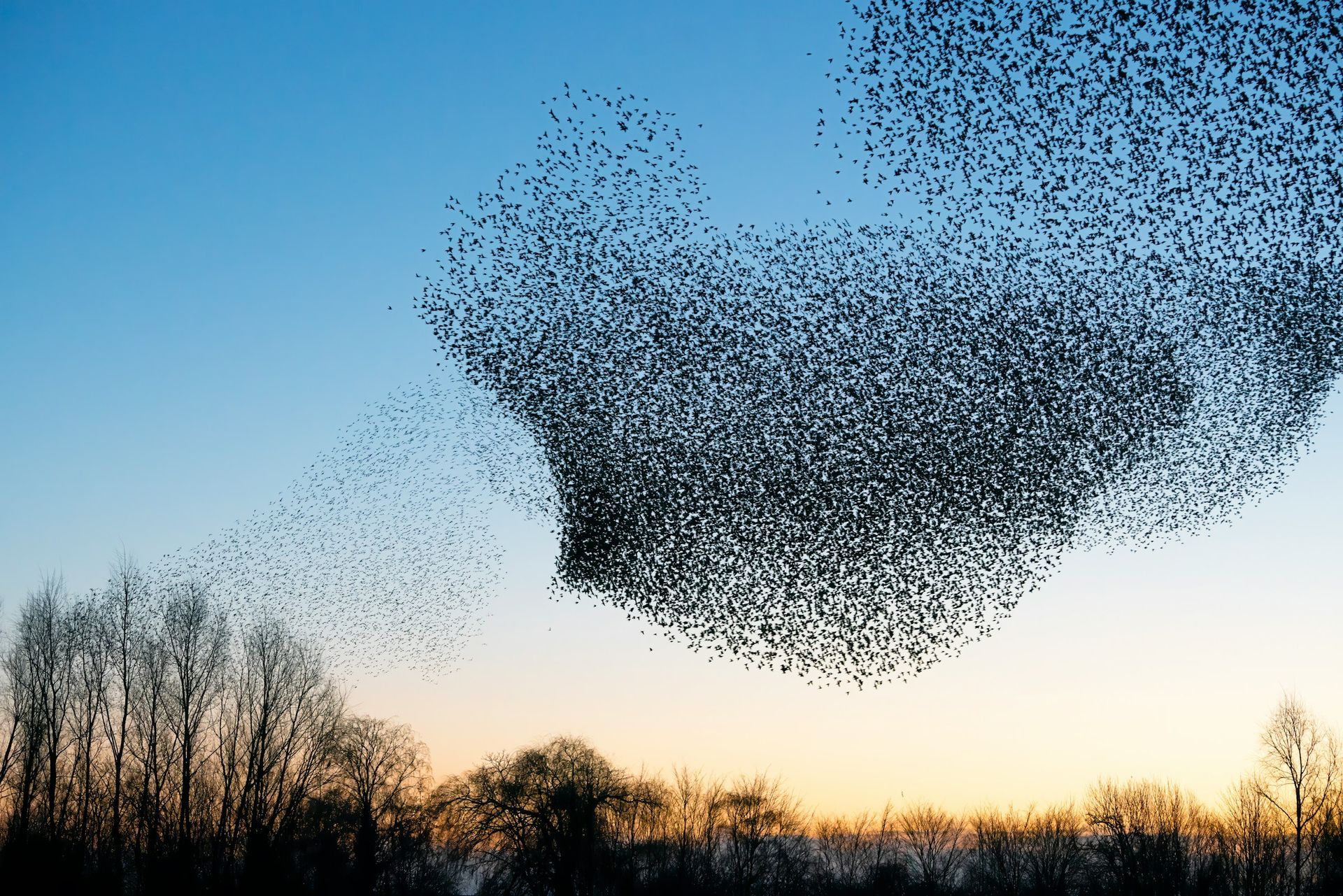The Challenge of Learning for a Post-Carbon Future
David Hicks, freelance educator and visiting Professor at Bath Spa University addresses this question in the guest blog below. He is the author of many books , articles and teaching resources including Educating for Hope in Troubled Times: Climate change and the transition to a post-carbon future (2014) Trentham/IOE Press and Lessons for the Future: The missing dimension in education (2006) Victoria BC: Trafford Publishing.
In this guest blog David Hicks challenges schools, and geography teachers in particular, to build the foundations and develop the skills needed to work towards a postcarbon future.
www.teaching4abetterworld. co.uk
Where are we going?
Nearly thirty years ago Rex Walford (1984, p. 207) argued that if the future is unavoidable we should at least not walk backwards into it. The future we are faced with now will not be one of inevitable ‘progress’ and growth. It cannot be ‘Business as Usual’ in the face of growing climate change, an impending energy crisis and the need to move to a post-carbon future. So do current geography teaching and research critically challenge or unthinkingly support a high carbon view of the future?
Energy matters
The fruits of contemporary civilisation depend upon an abundance of coal, oil and gas. These, and the by-products of their extraction, from chemicals and plastics to fertilisers and pesticides, have given us our ultra-mobile world. But fossil fuels now need to stay in the ground unless we want current extreme weather conditions around the world to become even more severe (Berners- Lee and Clark, 2013). What helped create the rich world’s wealth now comes directly to threaten it. However, as Lester Brown highlights in World on the Edge (2011), out of threat can also come positive opportunities for change. Fossil fuels threaten, in varying degrees, both our future and our children’s future – if we continue to use them rather than phasing them out. Nuclear energy is hailed by governments as a ‘green’ answer to these energy problems, but is high-level nuclear waste a hazard we should bequeath to future generations? The renewable family – wind, water, tide, solar and biomass, which produce no greenhouse gas emissions – has to be the principal route to a post-carbon future. As Elliot and Urry (2010) point out: In the twentieth century, powerful high-carbon, path-dependent systems were set in place, locked in through various economic and social institutions … As the century unfolded, these lock-ins meant that the world came to be left with a high and unsustainable carbon legacy … A ‘carbon shift’ is inevitable. (p. 132)
Both climate change and the shift to a postcarbon society are ‘wicked problems’: that is, they have no straightforward answer due to their complexity and the differing interpretations people put on them. This is why a number of observers are arguing that we face a long social and cultural transition to a post-carbon society in the years ahead. David Orr (2009), a leading writer on education for sustainability, argues that for two centuries we’ve been on a collision course with the ecological limits of the Earth, that these issues of sustainability will not be solved by this generation or the next and that this transition will require all our skill, wisdom, foresight and political creativity. Is this being alarmist, or should geographers and others at least hold these as possible, if not probable, truths?
A post-carbon future
Various commentators have begun to flesh out the parameters of a sustainable post-carbon future. Across the globe, at levels from the international and national to community and school, transition schemes have been initiated. Excellent updates can be found in The Transition Companion (Hopkins, 2012) and the Fossil Free UK website, whilst for the classroom there is Sustainable Schools, Sustainable Futures (Hicks, 2012) and Learning for Sustainability in Times of Accelerating Change (Wals and Corcoran, 2012). The wider subject backdrop is set out in Morgan’s (2012) Teaching Secondary Geography as if the Planet Matters.
Clearly the notion of a post-carbon geography is still in its early stages and there is everything to play for. By definition it must be critically reflective both in relation to what we teach and how we teach. The difficulties students experience when faced with messages of ‘doom and gloom’, especially when no space is given for them to share how they feel about this, are highlighted by Kelsey and Armstrong:
We need to acknowledge the enormity of environmental problems, and share our feelings of frustration, anger, sadness, fear and hopelessness. We need to create spaces and opportunities to help kids explore and share their own feelings. We also need to move beyond the narrative of ‘doom and gloom’ toward more hopeful narratives grounded in resiliency, well-being, happiness and health (Kelsey and Armstrong, 2012, p. 190).
This is not likely to happen unless teachers can be open both to their own and their students’ hopes and fears about issues such as climate change. This is why I believe there need to be four dimensions in any investigation of such issues. These are:
1. Knowing – what do we need to know about this issue?
2. Feeling – what are our hopes and concerns in relation to this issue?
3. Choosing – what are our options?
4. Acting – what are others doing/might school want to do in relation to this issue?
Education is never merely a cognitive affair, although knowledge is central to good geography. It also has a strong affective element, since learning about people and the environment always gives rise to a range of emotional responses. To leave these unacknowledged is to only half achieve the educational task. Young people need safe spaces in which they feel able to share both their hopes and their concerns about issues. Feeling heard and supported, as against unacknowledged and dismissed, leaves one with a sense of hope – my feelings are respected, there are others who feel like me. Young people are also less fearful about an issue if they know what adults and other students are doing to help resolve things. This is where it is important to share sustainable success stories, e.g. from the Low Energy Sustainable Schools programme as well as examples of biodiversity protection or building more sustainable communities (Figure 4). Such stories from around the world show that what can seem unchangeable can be reconceptualised and acted upon (Hopkins, 2012).
An ecologically and socially active school is one which engages critically with the community in action for sustainable change. The purpose of such change is to build the foundations and develop the skills needed to work towards a postcarbon future. In the absence of such a critically reflective approach geography will merely continue to reflect the high carbon values of an inequitable world. Geography should be the lead subject in these matters. Having been a lifelong geographer I know that the subject is indeed capable of rising to this challenge.
—–
This blog is adapted from a longer article, entitled, A Post-Carbon Geography published in Teaching Geography in Summer 2013. It was produced for IDEA’s 2014 Annual Conference, What to Learn NOW for the Future We Want. The Conference aims to question and emphasise the role of education on creating a more just and sustainable future.








